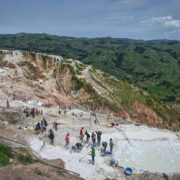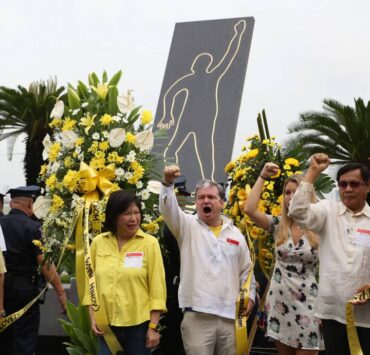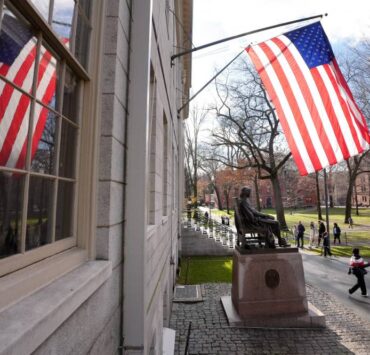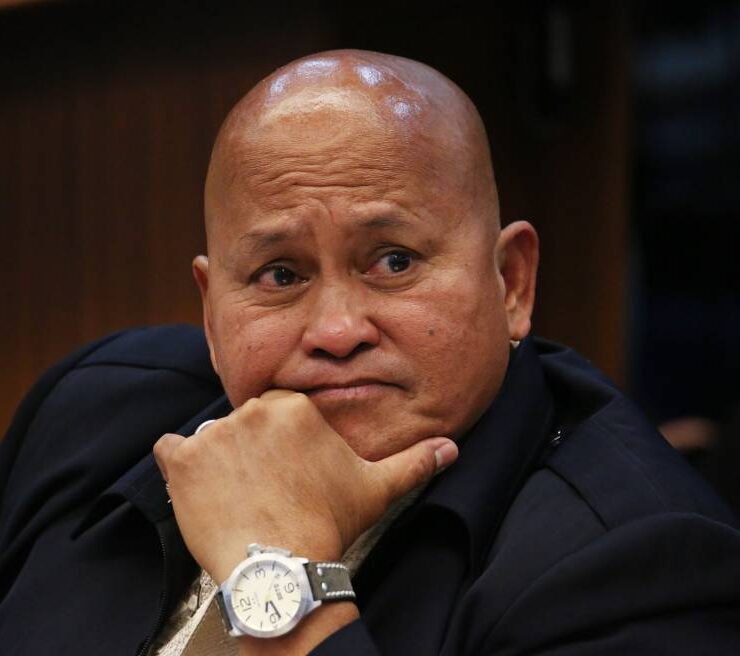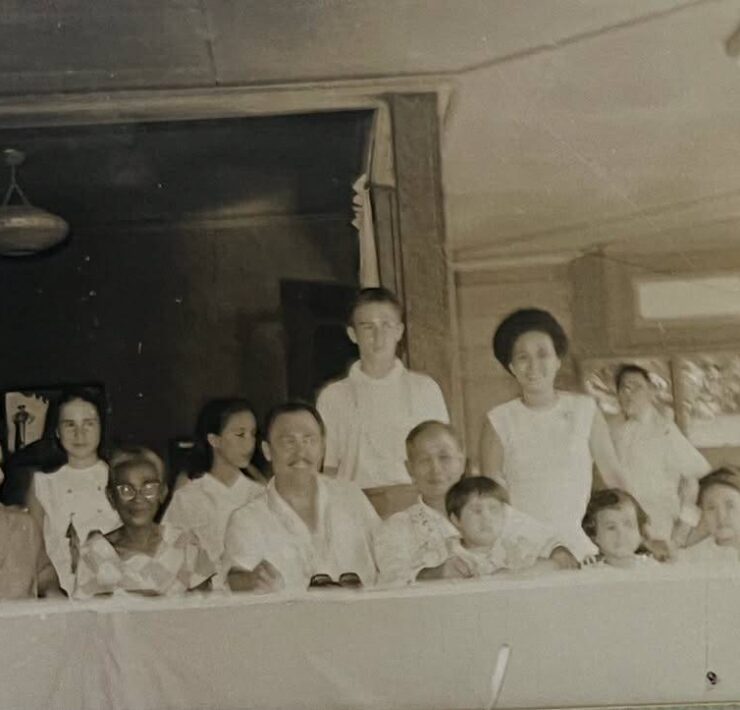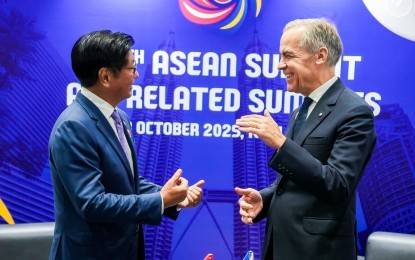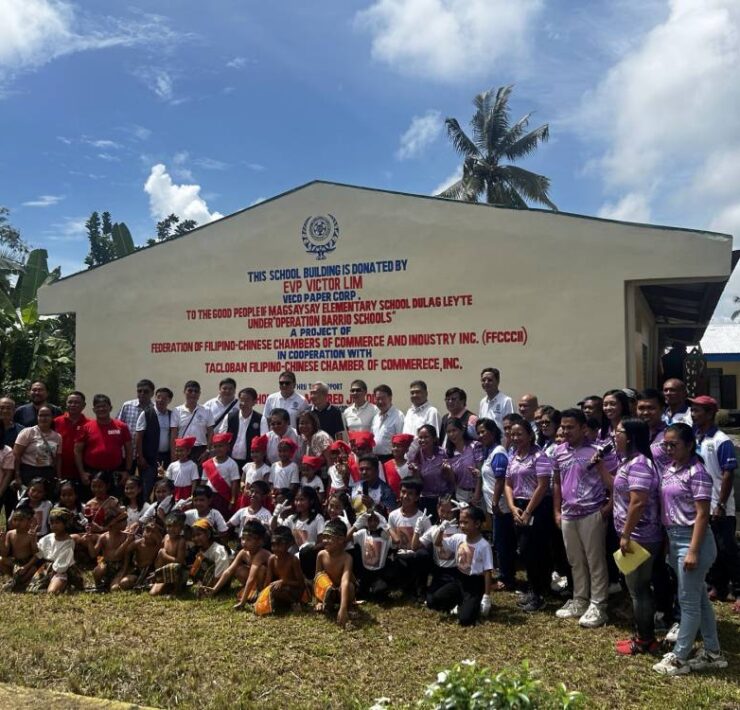Marcos to AFP: Modernization also calls for self-reliance
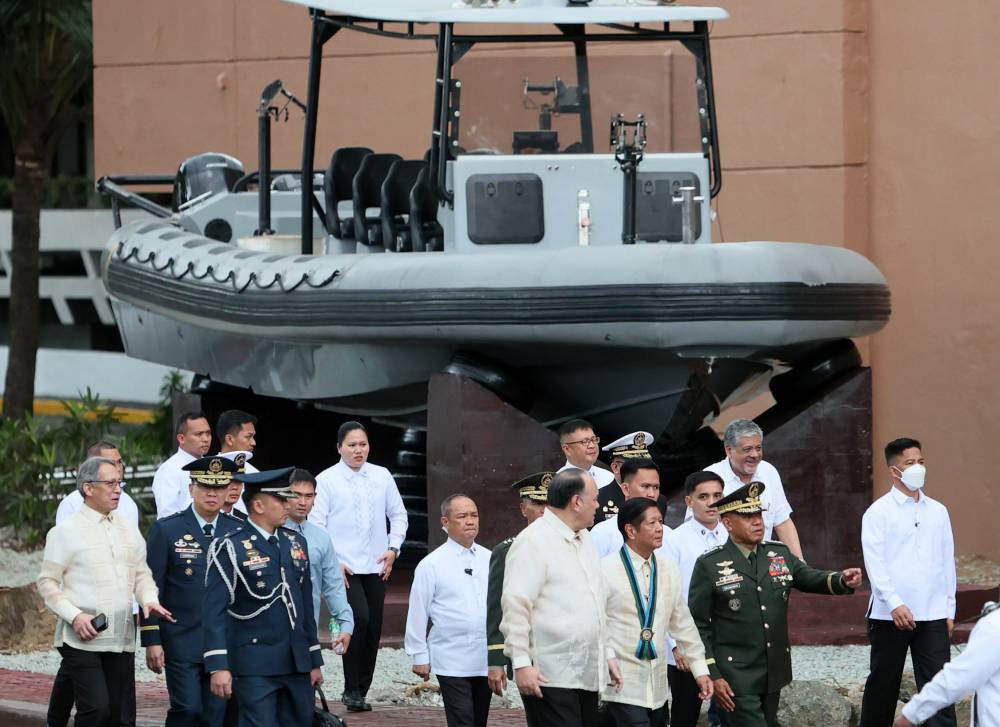
The military’s modernization program should not only upgrade its defense capability and reduce the country’s dependence on other nations, but should also transform how the Armed Forces of the Philippines thinks and operates, President Marcos said on Friday, the eve of the AFP’s 89th anniversary.
“This administration is committed to ensuring that you are prepared for that future. Through the Self-Reliant Defense Posture Revitalization Program, we aim to reduce our dependence on foreign sources and empower the AFP to develop its own capabilities,” Mr. Marcos said in a speech before the assembled troops at Camp Aguinaldo, ahead of his meeting with the brass.
“To enhance our capabilities and preparedness, we are harnessing the latest technologies, reinforcing our strategies, and enhancing the skills of every soldier, every sailor, every airman. This ensures that we are ready to succeed in the battles on the field and in cyberspace, for the peace of mind of our people,” he added.
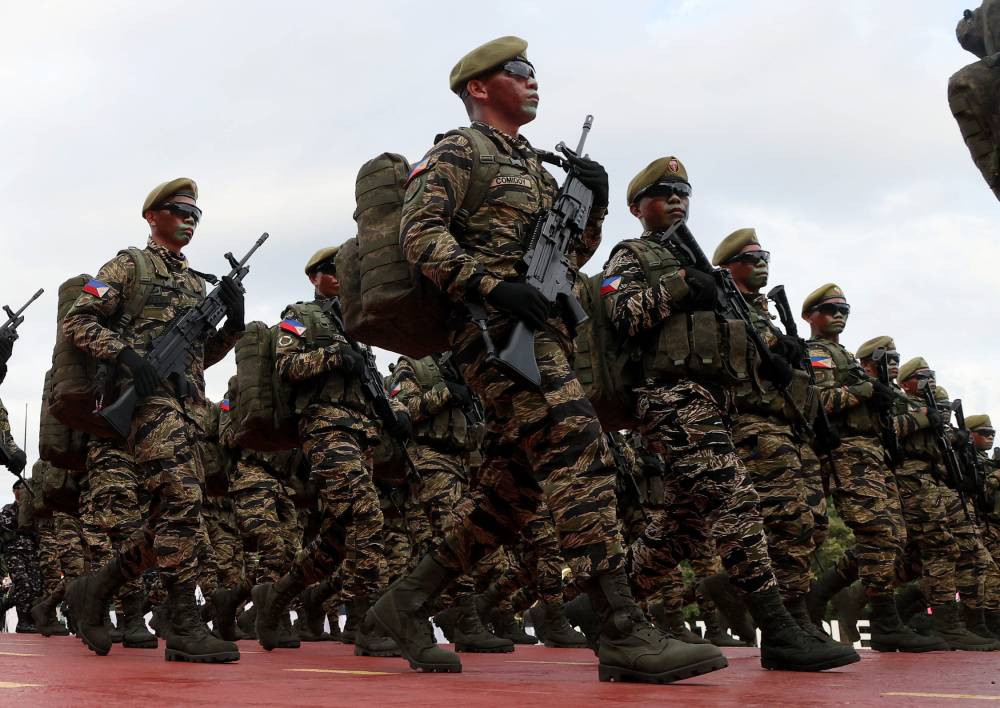
Complex threats
The AFP was organized 89 years ago on Saturday with the enactment of the National Defense Act of 1935 on Dec. 21 that year—also known as Commonwealth Act No. 1 of the Philippine Commonwealth.
The President reminded the military to have a keen understanding of their role in a rapidly changing modern age, and to address evolving challenges that are “complex, multifaceted, and at times invisible.”
“The threats we face today are no longer confined to our shores or to the traditional battlefield. They are now complex, multifaceted and, at times, invisible,” he said, as he cited not only geopolitical tensions but also cybersecurity threats to the country’s sovereignty and national security.
The President commended the AFP for becoming an “agile and responsive force, attuned to the shifting demands of our security landscape.”
“We look to the AFP as defenders of our nation and as examples of courage and integrity. We rely on you to set the standard for patriotism in action—soldiers who serve not for glory, but for the enduring promise of a better nation,” Mr. Marcos said.
“[W]e will provide the tools, the resources, the support necessary to help you succeed. We will ensure that your sacrifices are met with tangible action—the modernization of our assets, the protection of your families’ welfare, and the recognition of your invaluable contributions to our shared future,” he added.
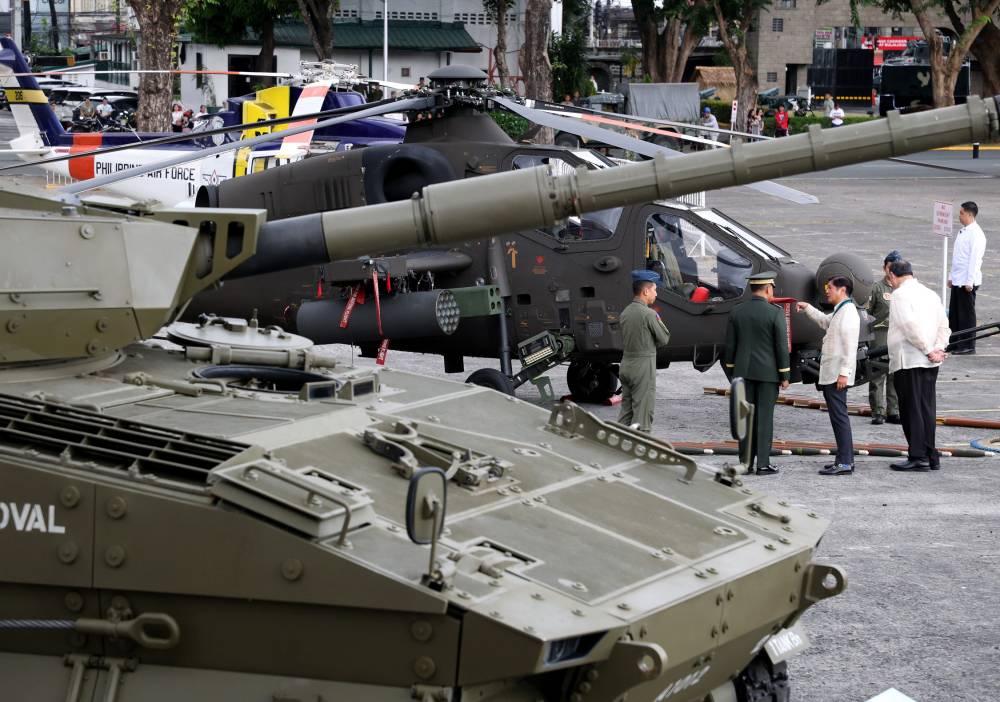
Nod to Marcos Sr.
For its anniversary this year, the AFP has adopted the theme, “Sandigan ng Sambayanan Tungo Sa Bagong Pilipinas”—the People’s Foundation Toward a New Philippines.
This theme is in line with Mr. Marcos’ “New Philippines” slogan which, in turn, references the “New Society” theme of his father and namesake during the martial-law era in the 1970s.
Another highlight of the AFP anniversary ceremonies was the launching of the newly renovated AFP Museum at Camp Aguinaldo, featuring various weapons, vehicles and equipment used by the Armed Forces throughout its history.
‘Bongbong Rocket’
Also featured in the museum is the “Bongbong Rocket”—after the President’s nickname—which the government of Marcos Sr. developed before martial law as a rocket research program using local materials to reduce the country’s dependence on imported defense equipment.
The President also posthumously conferred the Medal of Valor on 1st Lt. Dhell Jhun Evangelista of the Philippine Army, who was killed in an encounter 15 years ago with the Abu Sayyaf terrorist group in Tipo-Tipo, Basilan.













